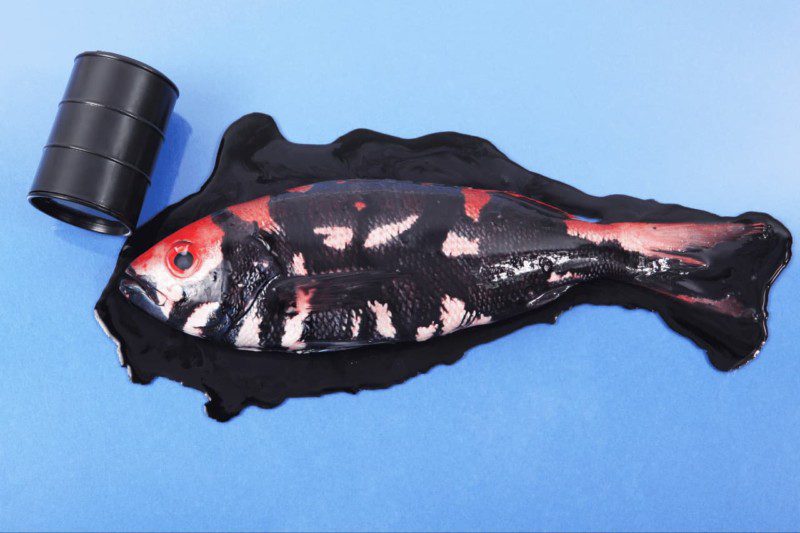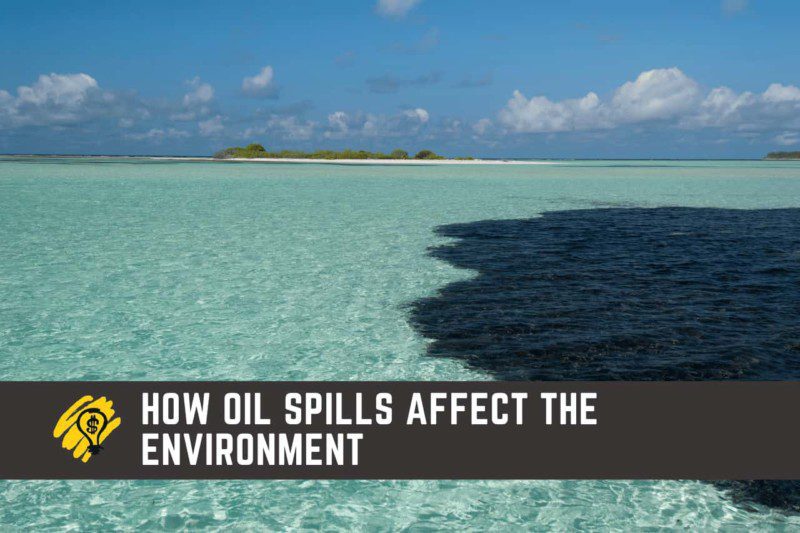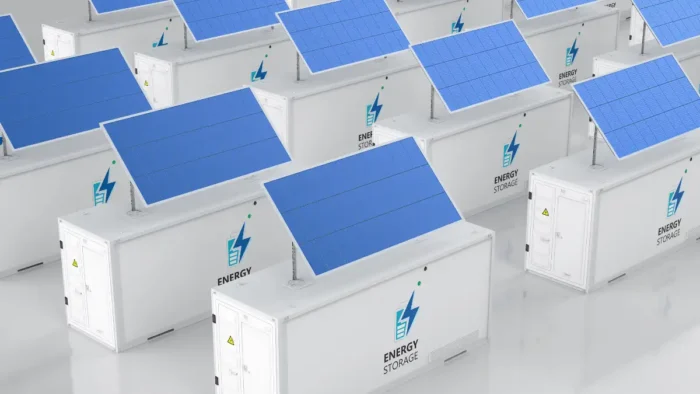When we think of oil spills, we picture vast slicks in the ocean and sea birds coated in thick, black liquid. But small ones on land can be just as damaging. It is against the law to cause pollution, so you must take action immediately if a spill or leak occurs.
ICE Cleaning is a specialist cleaning company that can clean surface and water oil spills. Its technicians are fully permitted to handle and dispose of any oil, and they can be on site in an emergency in one hour.
In this article, the experts explain the different ways oil spills can harm the environment.
It can contaminate the local environment.
If the oil is spilled on land, it can stop the soil from absorbing water and make it infertile. This means that plants and crops quickly stop growing or die. The oil can also coat and kill other organisms, leaving local wildlife with a dwindling food source.
The oil can affect marine animals directly by making them sick or harming their reproduction. It can also affect the food chain of the ocean by poisoning the fish that feed on smaller animals.
The competition for food will ultimately cause these populations to shrink in size, too. This will have knock-on effects for the rest of the food chain and skew the environmental balance in the ecosystem.
There is also a risk that the oil will eventually migrate through the soil and enter the nearest water source. This can result in even more dire consequences for the environment.
Streams, rivers, and ground water can be polluted.
Rivers and lakes might not see the same scale of devastation as oil slicks in the sea, but the impact is, unfortunately, very similar.
Depending on its density, it first spreads out over the surface of the water in a thin layer. The toxic chemicals then stop any plants from photosynthesising so they can’t produce oxygen, eventually suffocating the fish, plants, and other organisms. There will then be no food source for other wildlife.
Local fauna can be directly affected.

Oil can impair animals’ buoyancy, waterproofing, and ability to thermoregulate. If birds get their feathers coated with oil, for example, it means their wings can no longer repel water, and they get very heavy, leaving them unable to fly.
If the animals attempt to clean themselves, however, they could ingest the toxic oil. This can make them ill, kill them, or affect their ability to reproduce. Local populations will then deplete further, creating more lasting damage.
Oil pollution can persist for decades if the spill is not cleaned up properly. It is imperative that the oil is removed as soon as possible to minimise the effects and stop it from contaminating water sources.
ICE Cleaning’s technicians can effectively and safely clean surface and water oil spills. They are available nationwide, 24/7.





